Foods That Secretly Sabotage Your Sleep
In the quest for a good night's sleep, many of us focus on creating the perfect sleep environment, complete with blackout curtains, calming scents, and white noise machines. However, an often-overlooked factor is the food we consume throughout the day. Various seemingly innocent foods can sabotage your sleep, often without you realizing it. These foods may appear harmless or even beneficial, yet their hidden properties can interfere with your body's ability to rest and rejuvenate. This article delves into 11 such foods, revealing how they might be stealthily disrupting your slumber and offering insights on how to manage their consumption for better sleep hygiene.
1. The Hidden Caffeine in Decaf Coffee
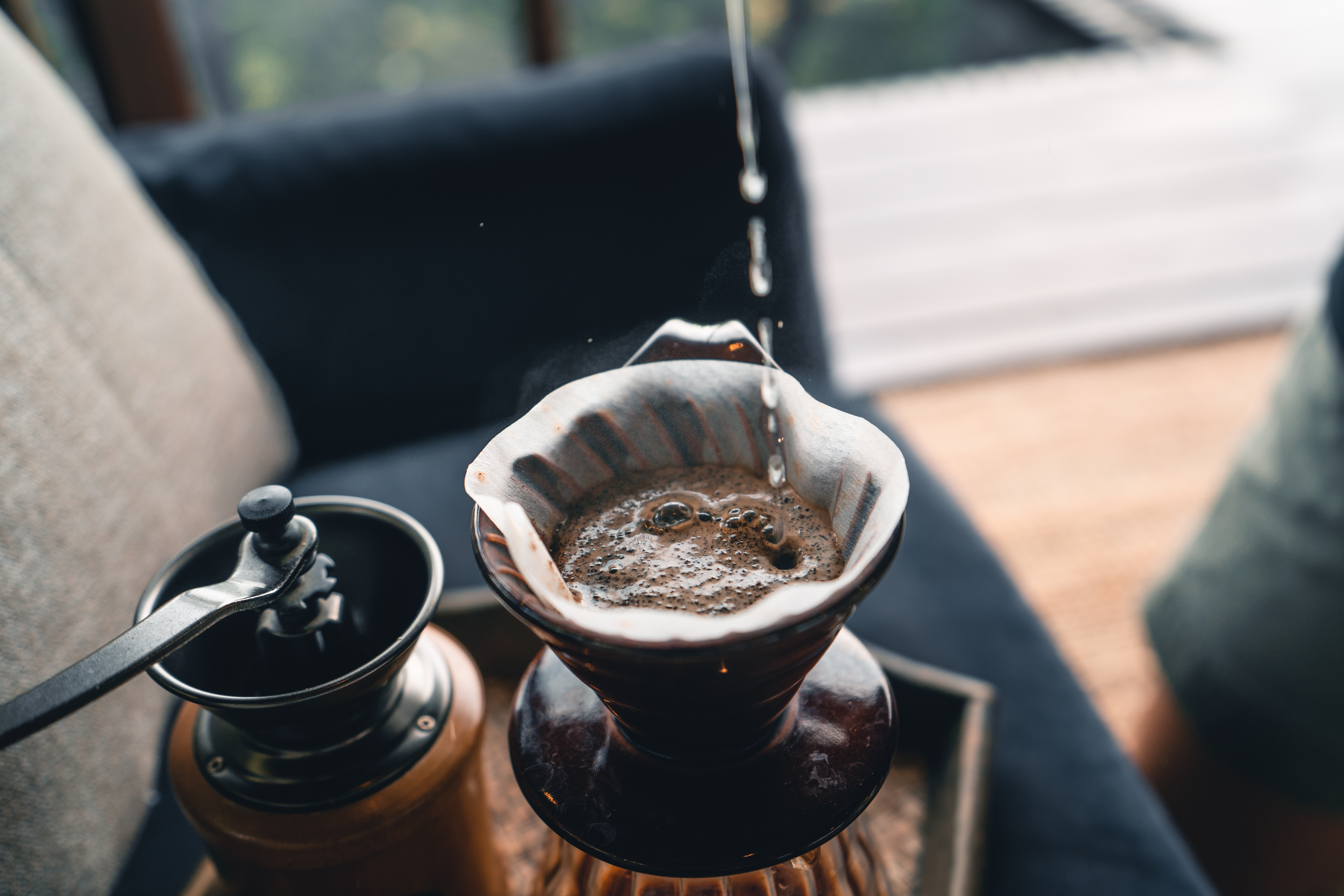
Decaffeinated coffee is often perceived as a safe alternative for those seeking the taste of coffee without the stimulating effects of caffeine. However, "decaf" doesn't mean caffeine-free. A typical cup of decaf coffee can contain anywhere from 2 to 15 milligrams of caffeine. While this may seem negligible compared to regular coffee, it can still impact individuals who are particularly sensitive to caffeine. Consuming decaf coffee in the evening might lead to a restless night, as even small amounts of caffeine can interfere with the body's natural sleep cycle. For those sensitive to caffeine, it's essential to monitor not just the amount but also the timing of decaf coffee consumption.
2. The Sleep-Thwarting Power of Dark Chocolate
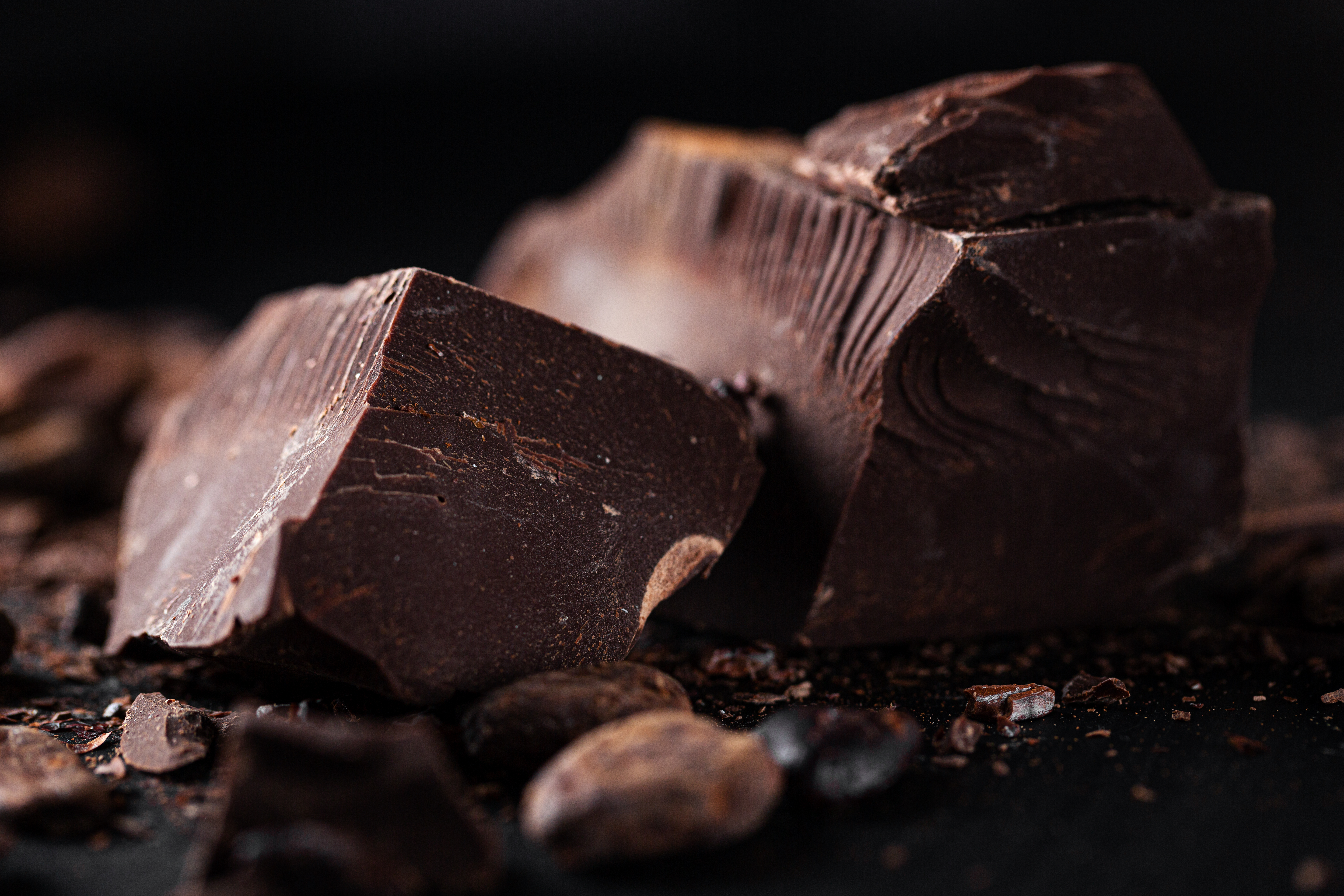
Dark chocolate is often lauded for its health benefits, including being a source of antioxidants and having the potential to improve heart health. However, it also contains caffeine and theobromine, both of which are stimulants that can keep you awake if consumed too close to bedtime. Theobromine, in particular, increases heart rate and can lead to sleeplessness. A small piece of dark chocolate in the afternoon might not affect everyone, but consuming it in the evening could be enough to disrupt your sleep. If you're a chocolate lover, consider enjoying it earlier in the day to minimize its impact on your rest.
3. The Unexpected Wakefulness from Spicy Foods
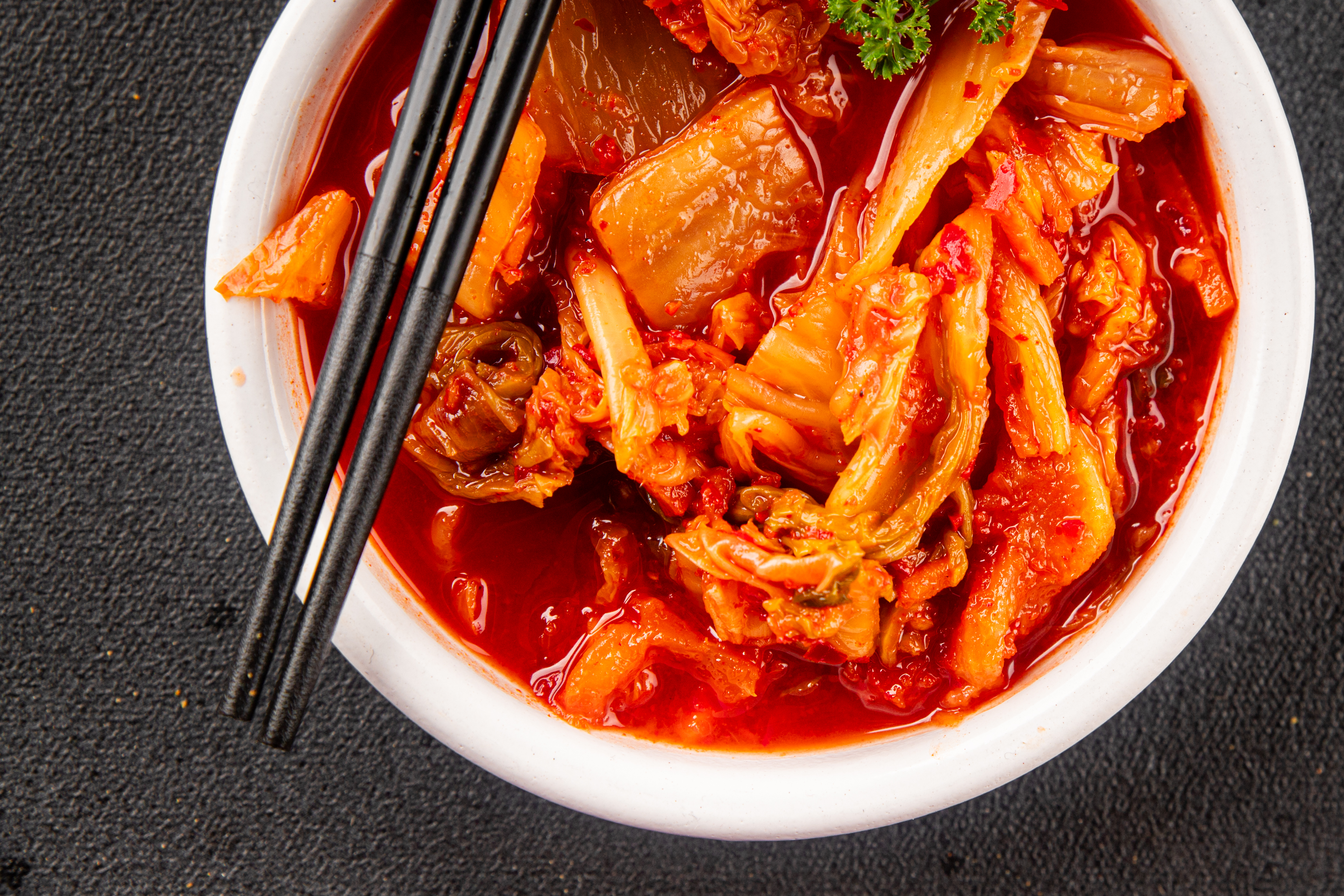
Spicy foods can be a flavorful addition to any meal, but they might not be the best choice for dinner if you're aiming for a restful night. Spices such as chili peppers contain capsaicin, which can raise your body temperature and interfere with sleep. Additionally, spicy foods can cause indigestion or heartburn, which are known to disrupt sleep. The discomfort from these symptoms can keep you tossing and turning, preventing you from falling into a deep sleep. If you enjoy spicy meals, try to consume them at lunchtime instead of dinner to give your body ample time to digest them before bedtime.
4. The Surprising Sleep Saboteur: Tomatoes
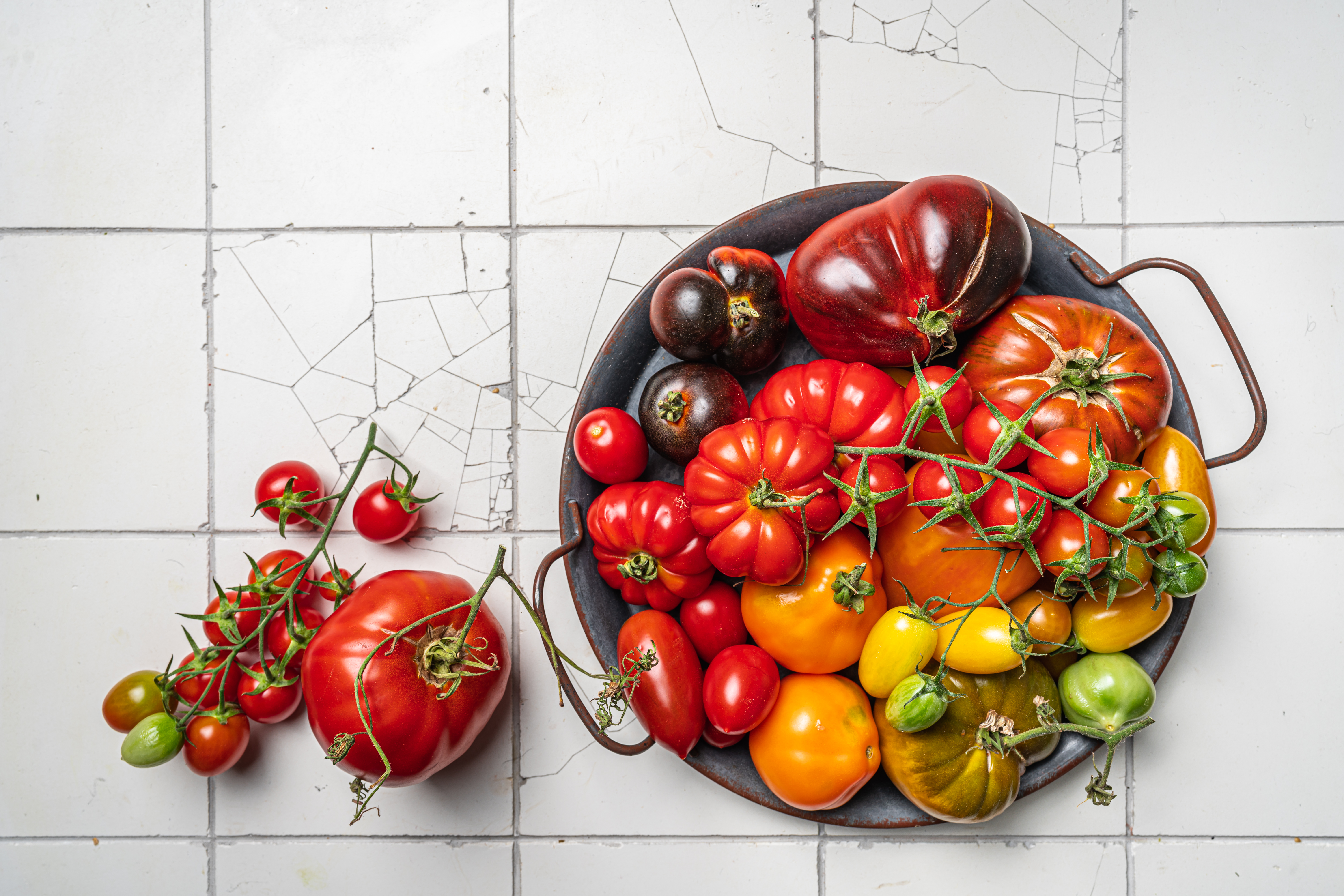
Tomatoes are a staple in many healthy diets, providing vitamins and antioxidants. However, they also contain tyramine, an amino acid that increases the production of norepinephrine, a brain stimulant. Consuming tomatoes or tomato-based products like sauces and soups in the evening can boost brain activity, making it harder to wind down and fall asleep. This effect is particularly pronounced in those sensitive to tyramine. To avoid this issue, consider having tomato-based dishes earlier in the day, or opt for other vegetables in your evening meals that won't interfere with your sleep.
5. The Restless Nights from Fatty Foods
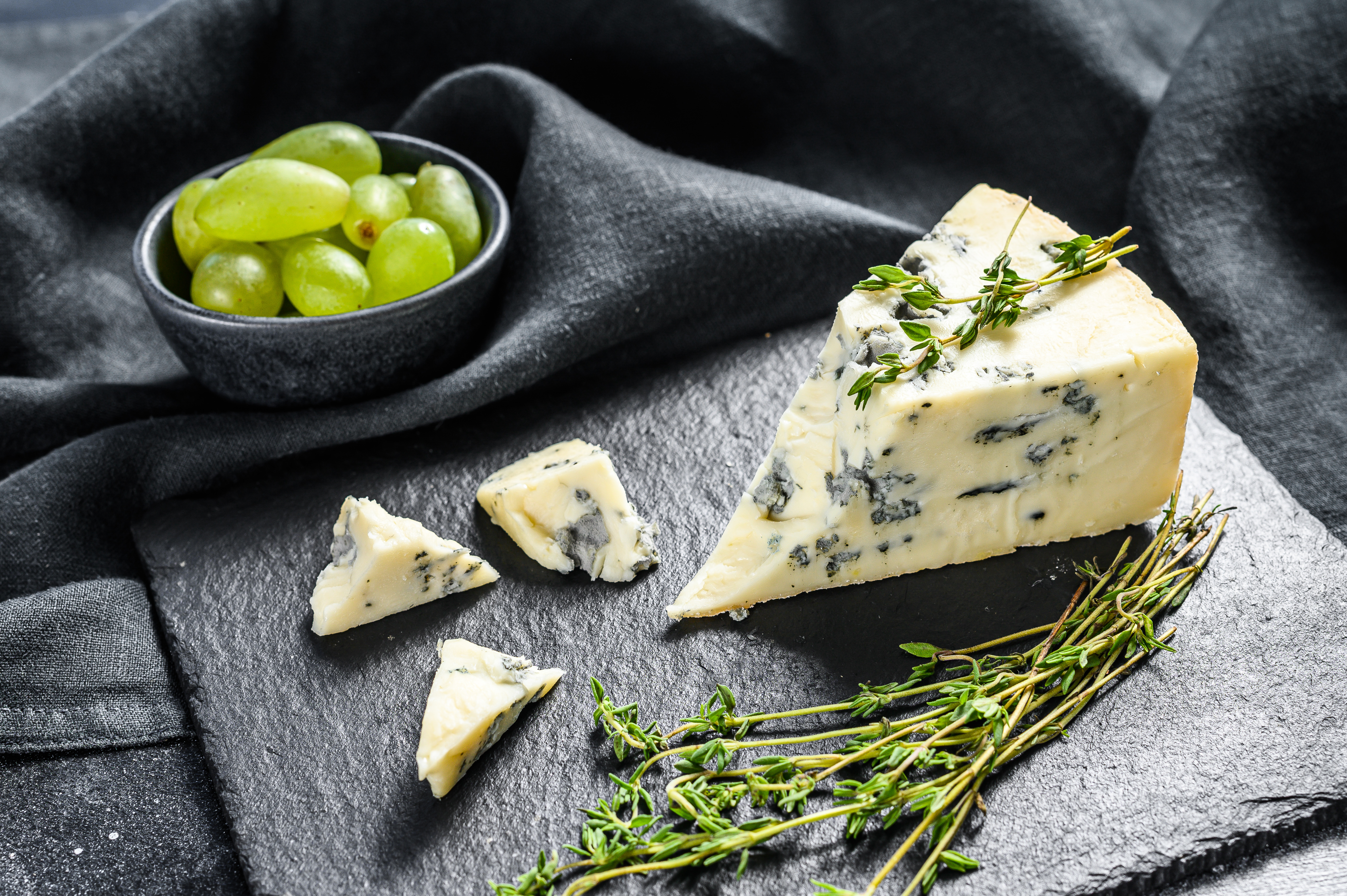
High-fat foods, while often delicious, can wreak havoc on your sleep patterns. Foods rich in fats, such as fried foods, cheese, and certain meats, take longer to digest, which can lead to discomfort and indigestion. This discomfort can keep you awake or cause you to wake up frequently throughout the night. Moreover, a diet high in fats has been linked to disrupted sleep cycles and reduced time spent in deep sleep, which is crucial for restorative rest. To promote better sleep, try to limit your intake of fatty foods, especially in the hours leading up to bedtime.
6. The Sleep-Disrupting Effects of Alcohol

Alcohol is often used as a sleep aid due to its initial sedative effects. However, it can ultimately disrupt sleep patterns. While alcohol might help you fall asleep faster, it can interfere with the REM stage of sleep, which is essential for cognitive functioning and emotional regulation. As the alcohol is metabolized, it can cause fragmented sleep and frequent awakenings. Over time, relying on alcohol to fall asleep can lead to insomnia and other sleep disorders. If you enjoy an occasional drink, try to consume it earlier in the evening to allow your body enough time to process it before bed.
7. The Alertness from Sugary Treats
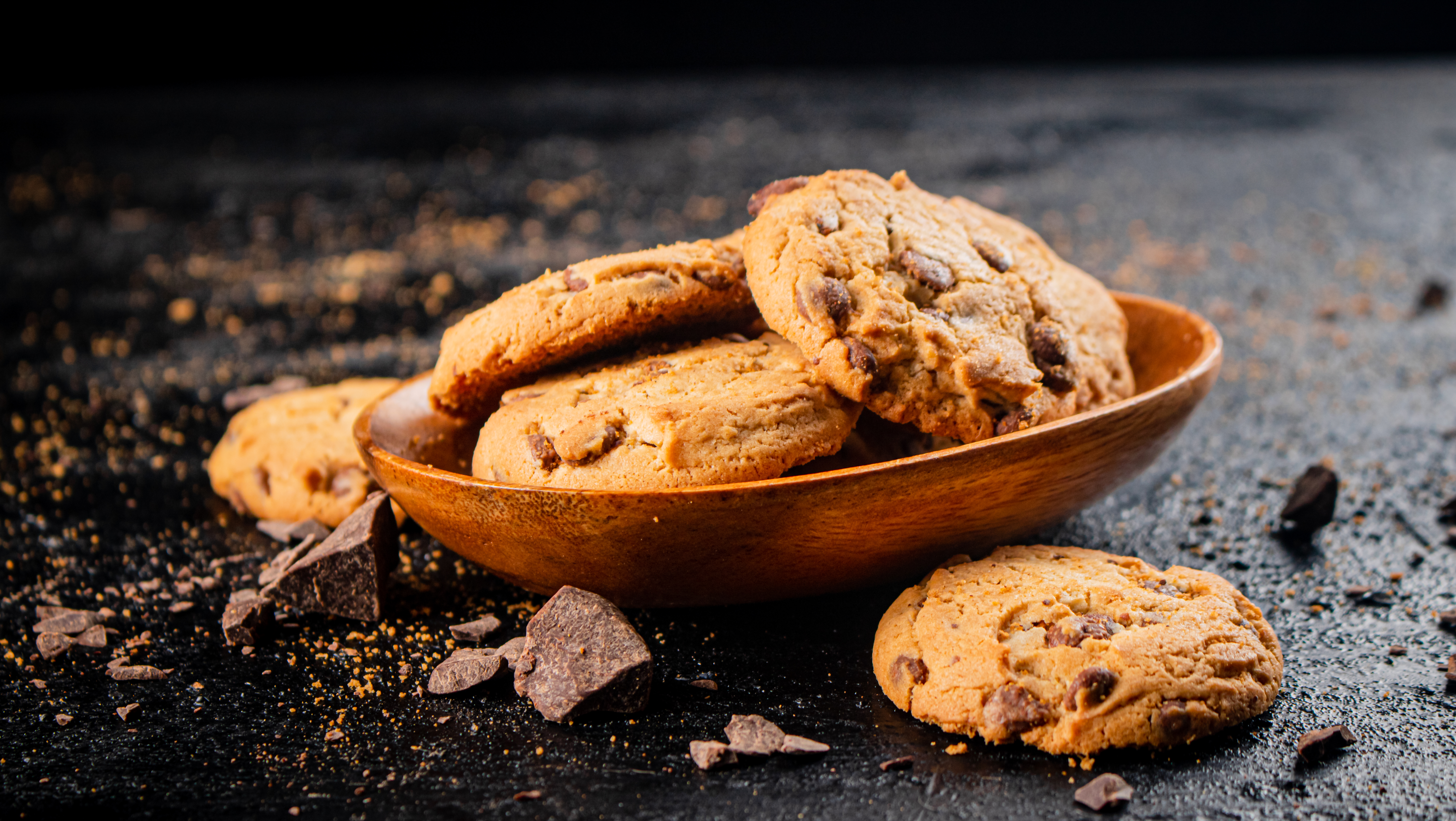
Sugary treats like cookies, cakes, and candies are a delightful indulgence, but consuming them close to bedtime can lead to sleep disturbances. The sugar causes a spike in blood glucose levels, which can result in a burst of energy that makes it difficult to wind down. Furthermore, the subsequent drop in blood sugar can lead to night sweats and awakenings. To prevent these issues, aim to satisfy your sweet tooth earlier in the day, or choose snacks with a lower glycemic index that won't cause significant fluctuations in your blood sugar levels.
8. The Sleep-Stealing Sodium in Processed Foods
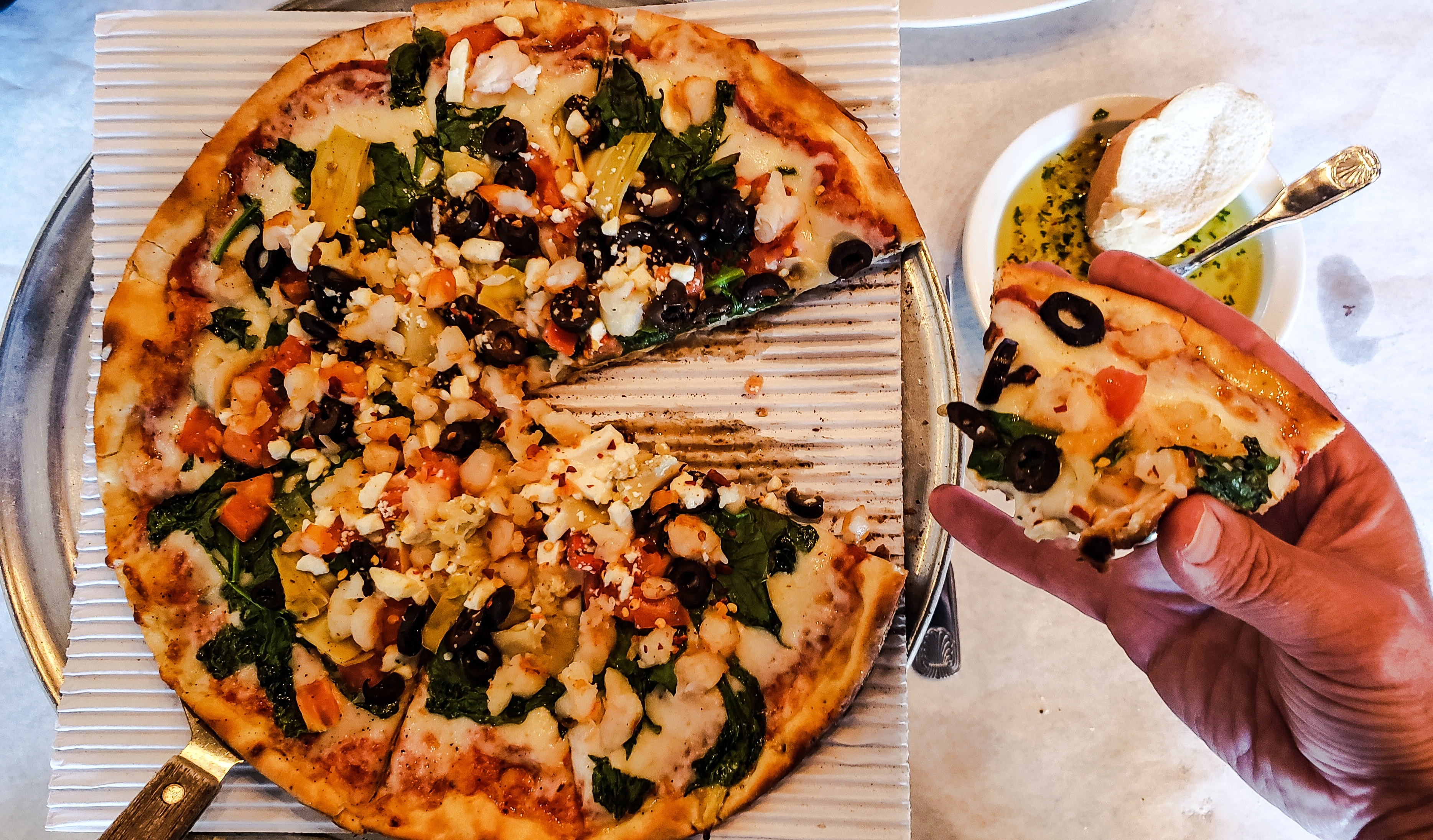
Processed foods are convenient and often tasty, but they can contain high levels of sodium, which can negatively impact your sleep. Excessive sodium intake can lead to increased blood pressure and dehydration, both of which can cause restlessness and trouble sleeping. Additionally, sodium can cause fluid retention, leading to discomfort and frequent trips to the bathroom during the night. To promote better sleep, try to limit your intake of processed foods, especially in the evening, and opt for fresh, whole foods that are naturally lower in sodium.
9. The Unsettling Effects of Citrus Fruits
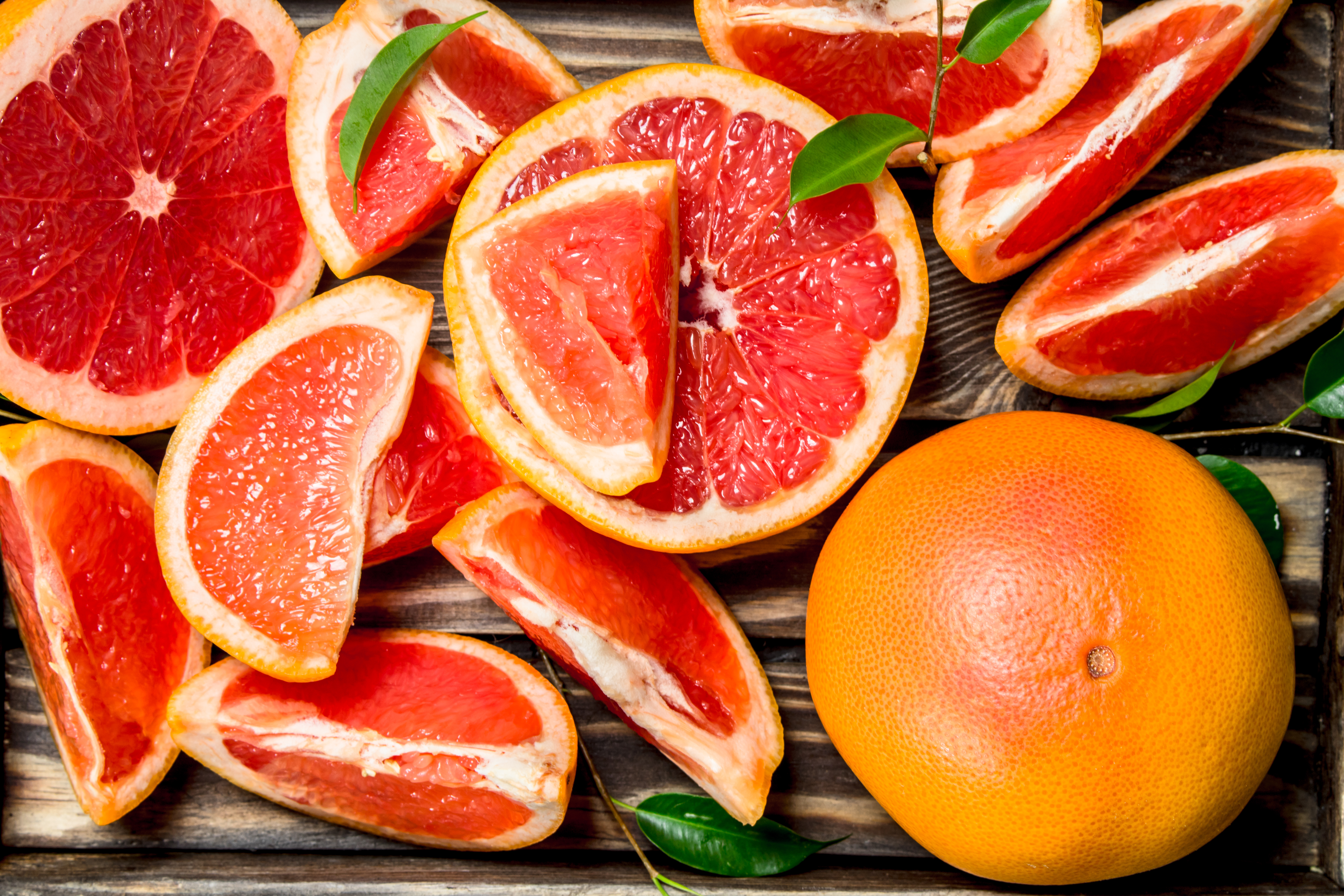
Citrus fruits such as oranges, grapefruits, and lemons are packed with vitamin C and other nutrients, making them a healthy choice during the day. However, their high acidity can cause heartburn or acid reflux, particularly if consumed close to bedtime. These conditions can lead to discomfort and disrupted sleep. For those prone to acid reflux, it's advisable to avoid citrus fruits in the evening and instead consume them earlier in the day, allowing your body ample time to process the acidity before you retire for the night.
10. The Restless Impact of High-Protein Meals
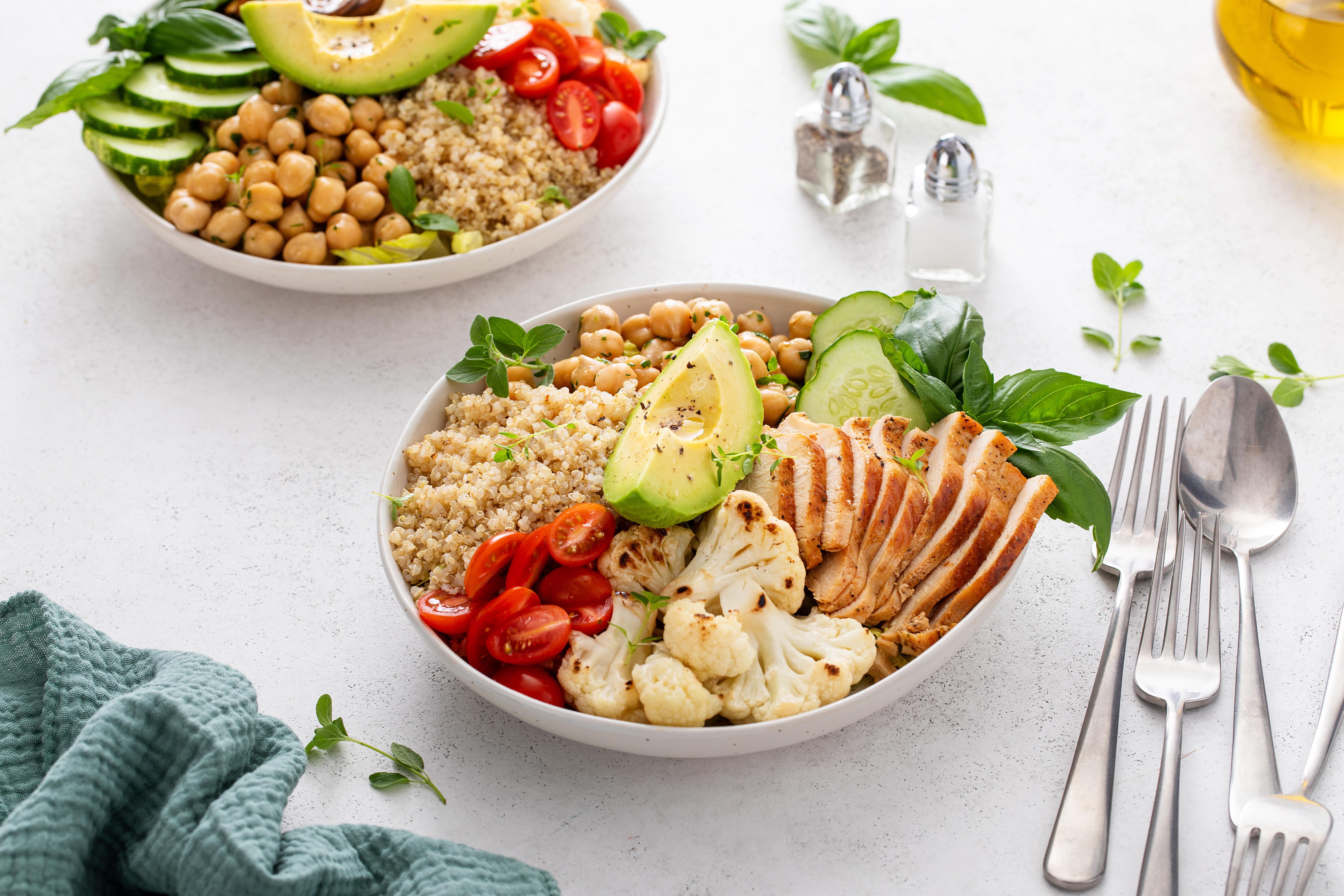
While protein is an essential part of a balanced diet, consuming high-protein meals close to bedtime can interfere with sleep. Proteins take longer to digest than carbohydrates and fats, which can lead to increased metabolism and body temperature, both of which are not conducive to sleep. Additionally, high-protein meals can stimulate the production of dopamine, a neurotransmitter that promotes alertness. To avoid these issues, consider having a balanced dinner with a moderate amount of protein, and save the high-protein meals for breakfast or lunch when your body can better utilize the energy.
11. The Sleep-Interfering Effects of Water-Rich Foods
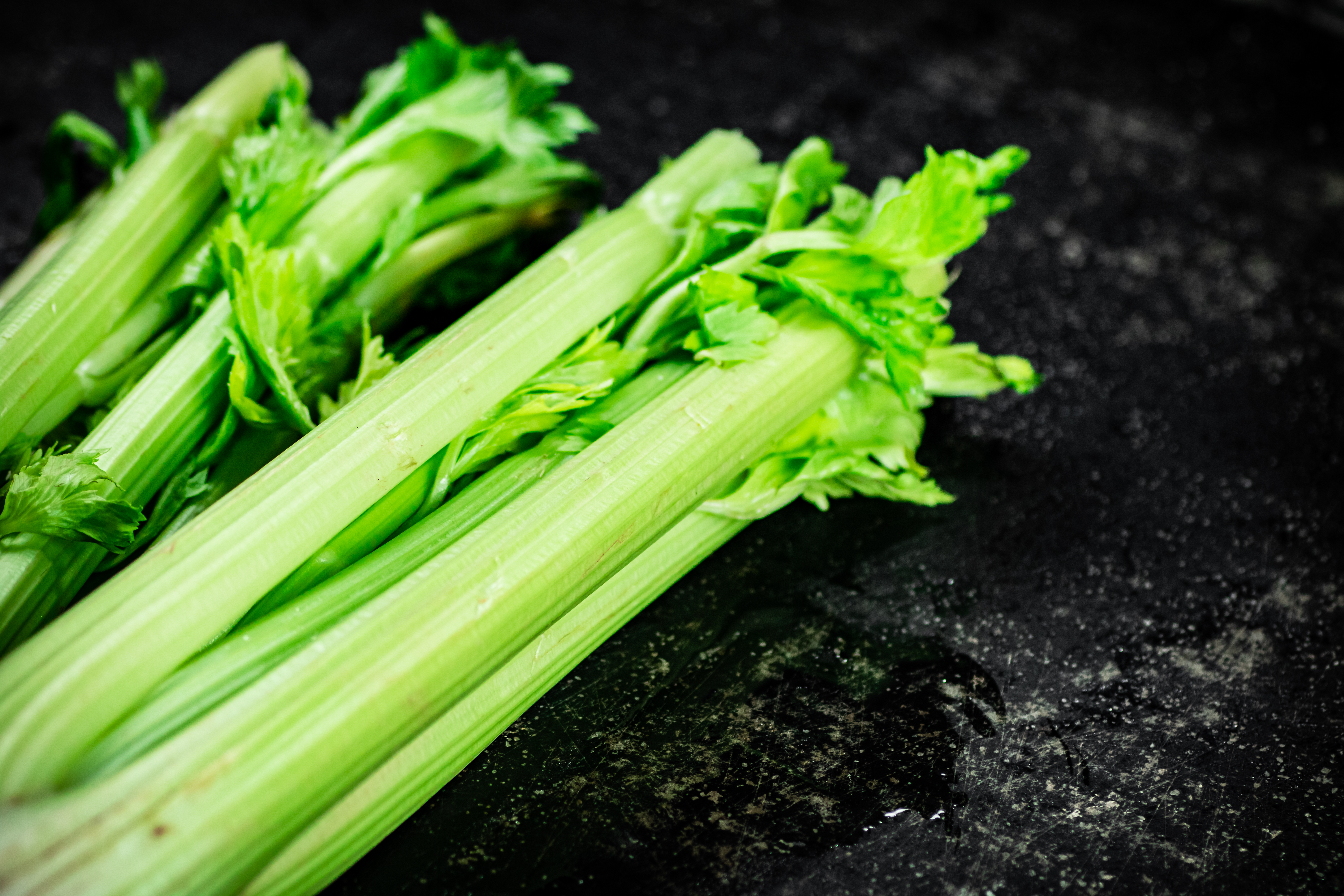
Hydration is crucial for overall health, but consuming water-rich foods like watermelon, cucumbers, and celery before bed can lead to frequent bathroom trips, disrupting your sleep. While these foods are excellent for hydration and nutrient intake, their high water content can be problematic if eaten in the evening. To avoid interrupting your sleep, try to consume these hydrating foods earlier in the day, and reduce liquid intake in the hours leading up to bedtime. This approach will help you maintain hydration without the inconvenience of nocturnal awakenings.
Crafting a Sleep-Friendly Diet

Understanding the impact of these 11 foods on your sleep can help you make informed dietary choices that promote better rest. While these foods are not inherently bad, being mindful of when and how much you consume them can make a significant difference in your sleep quality. By adjusting your diet and paying attention to your body's reactions, you can create a sleep-friendly eating plan that supports your overall well-being. Remember, achieving restful sleep is about balance, and with a few mindful adjustments, you can enjoy the benefits of both good nutrition and restorative rest.
